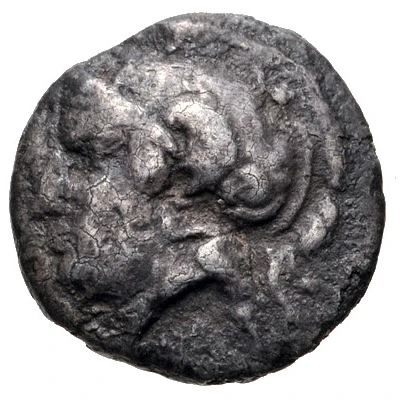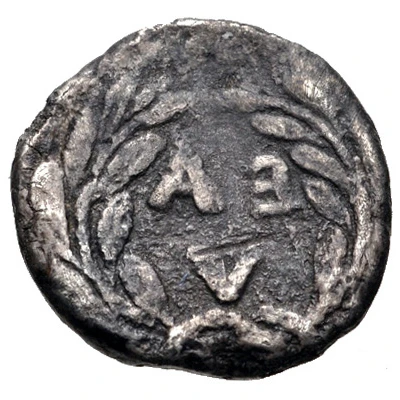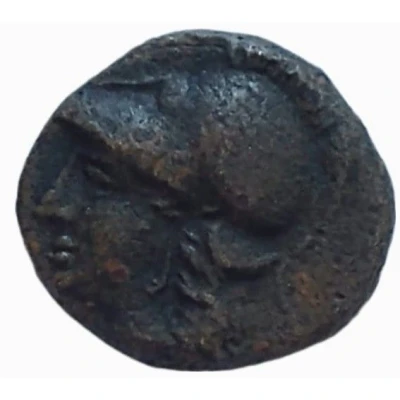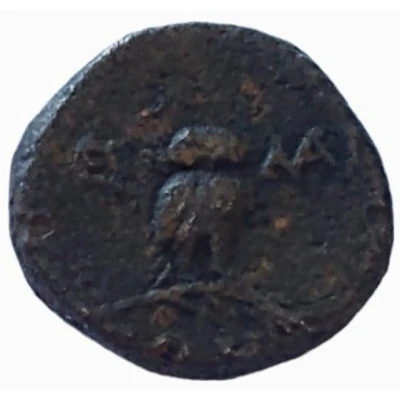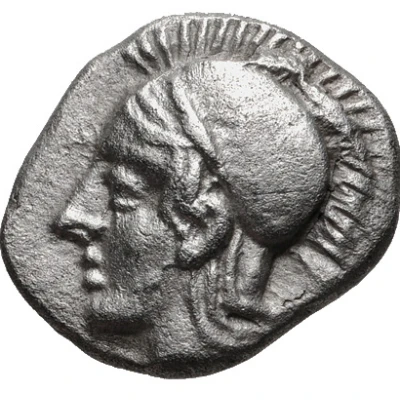
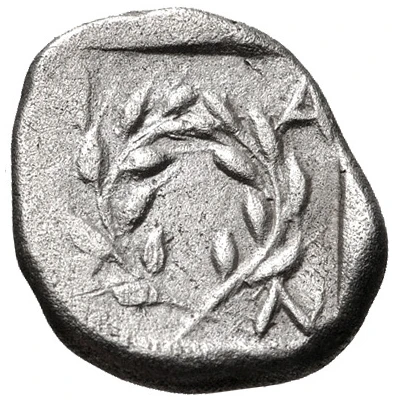

© Classical Numismatic Group, Inc.
Diobol 450 BC - 400 BC
| Silver | 1.28 g | 10.0 mm |
| Issuer | Elaia (Aeolis) |
|---|---|
| Type | Standard circulation coin |
| Years | 450 BC - 400 BC |
| Value | Diobol (⅓) |
| Currency | Drachm |
| Composition | Silver |
| Weight | 1.28 g |
| Diameter | 10.0 mm |
| Shape | Round (irregular) |
| Technique | Hammered |
| Demonetized | Yes |
| Updated | 2024-10-09 |
| Numista | N#143869 |
|---|---|
| Rarity index | 97% |
Reverse
Laurel wreath within incuse square
Script: Greek
Interesting fact
The Diobol coin was used as a form of currency in ancient Greece, specifically in the city-state of Elaia (Aeolis) during the 5th century BC. It was made of silver and weighed around 1.28 grams, which was a significant amount for a coin at that time. Despite its small size, the Diobol was widely accepted as a form of payment and was used to purchase everyday items like food, clothing, and other goods. It's fascinating to think that such a small coin could have played a big role in the economy of ancient Greece!
